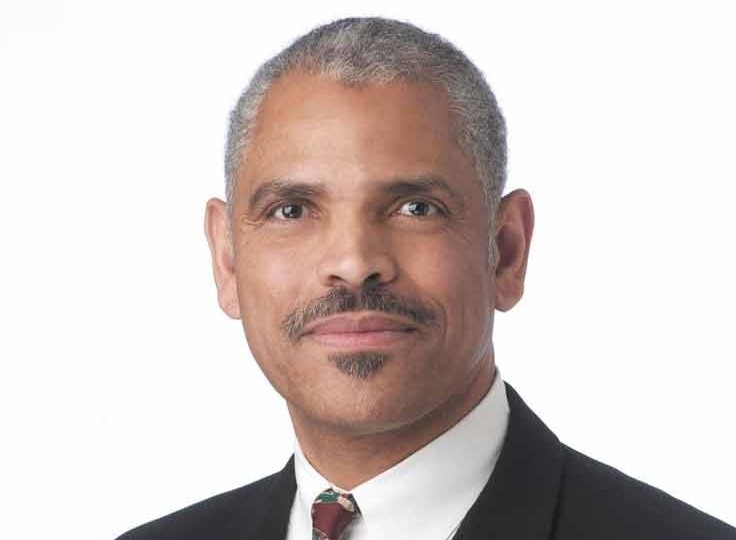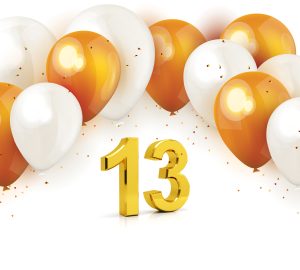A seasoned executive and civic figure, long-time St. Louisan Arnold Donald was already an acclaimed leader when he became CEO of global cruise company Carnival Corporation in July 2013. Although he’s often traveling the globe or at Carnival headquarters in Miami, Donald spends part of each month at home in St. Louis.
>> What are your origins?
I grew up in New Orleans and went to high school there. When I left high school, (an all-boys Catholic school), it was hip and cool to be poor and black, so lots of colleges recruited me and I had all kinds of choices.
>> Did you have a vision for your career, or did it unfold as opportunities arose ?
My junior year in high school I thought in terms of two cliches: society is becoming more technological, and business would make a good career. I mapped out a strategy: I wanted to be a general manager in a science-based global corporation. I knew I should have a technical degree, and as a businessperson I needed an MBA. I was maximizing my probability of success.
I went to Carlton College and I knew I was going to do three years in liberal arts and two in engineering. I visited St. Louis and decided to go to Washington University engineering school. So I have two undergraduate degrees: economics and mechanical engineering.
Then I went to the University of Chicago business school. I decided to work and get an MBA at the same time. In my organizational behavior class, I mapped out my career—not job titles, not money, just job content: What did I need to excel at to prepare to excel at the next level?
I helped found the National Society of Black Engineers. I ran around the country for that, meeting CEOs, and used the opportunity to find out what it took to be the CEO of a science-based company. It was all part of a plan, and I actually followed it, becoming Senior VP at Monsanto.
>> What’s your management style ?
No. 1, I believe in aligning people around a common objective. I could try to dictate the objective, but then people don’t own it. I’m collaborative, inclusive and analytic. It means listening to customers, employees and outside stakeholders. But in the end it’s not a democracy. At times I have no problem going against the grain. That’s what you get paid to do.
>> What skills does it take to be CEO?
In general, listening. Through listening and observation you gain insight. Through insight you make the difference. Listening is an underrated skill. You can extract things out of people they don’t realize themselves. Also, analysis; being able to take complex things and cut down to the simple core. And people skills. In today’s world, I would also add, truly valuing diversity. Innovation occurs through outside-the-box thinking. You’re more likely to have diversity of thinking if your team includes people from different backgrounds, with different functional expertise. A very diverse group will out-solution a homogeneous group almost every time.
>> What do you look for in an employee or team member?
Honesty, the work ethic to get it done, and someone who’s results-oriented. And some fun; in the end, it’s about the journey. We have objectives and want to accomplish things, but you have to have fun along the way.
>> How would you characterize the St. Louis business community?
I think it’s vibrant. We’re very blessed in that we have some long-standing institutions, some of them spearheaded by multigenerational families. They are philanthropic in the sense of building a St. Louis community; they’re willing to help other companies grow.
And we have a lot of younger entities that promise well for the future. Centene has gone from almost nonexistent to a substantial entity, and Express Scripts, too.
We also have increasing diversity—like World Wide Technology with David Steward, the largest African American-owned company in the world—but we don’t have enough diversity yet to ensure sustained vibrancy.
>> How ca n St. Louis improve its business environment?
If I could pick one thing other than diversity, it would be a bullet train to Chicago. If we could get from St. Louis to Chicago in an hour and a half or less, it would transform the region. The problem is, we’d have to fund it ourselves as a community, and people would never pass the temporary tax structure to get it going. But a sustainable bullet train would absolutely transform our region.
Photo by Gregg Goldman, courtesy of Greater Saint Louis Community Foundation
Pictured: Arnold Donald








